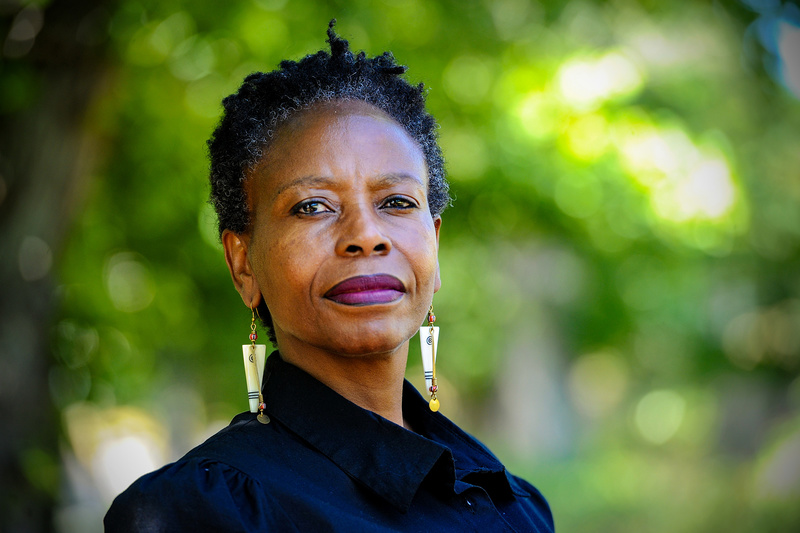Introducing the UCT Transformation Report 2021
28 November 2022 | Professor Elelwani Ramugondo
Dear colleagues and students
South Africa is sadly characterised by ongoing inequality and social injustices. Universities play a prominent role in shaping society and have a responsibility to drive change in response to social challenges. Addressing inequality and advancing social justice are key aspects of transformation.
Admittedly, at the University of Cape Town (UCT), and as a microcosm of the broader society, we are still grappling with the legacies of colonialism and apartheid. Building a university community that embraces and promotes inclusivity and diversity in this context is an ongoing challenge. However, we continue forging ahead with our transformation imperatives and have made some notable gains in identifying measurable and actionable goals.
We view transformation within the framework of UCT’s Vision 2030, which has three pillars: excellence, transformation and sustainability. Pursuing excellence without transformation misses the complexity of our shared history and current context, and ultimately erodes sustainability.
The university compiles a report on transformation every year. This report helps us to frame our thinking more accurately about challenges and experiences at UCT to better accomplish real change.
The UCT Transformation Report 2021 is titled “Fear, flame and metamorphosis: transformation, diversity and inclusion in uncertain times”. It is so titled to reflect that in 2021, we were challenged with a multitude of complexities, reflective of our context, and shaped by coloniality and gatekeeping practices that frame UCT as an exclusive and often inaccessible space.
The fire in the Jagger Reading Room brought forward important questions about our shared vulnerabilities as a university community but also in how these are intertwined with our broader diverse communities within Cape Town and beyond.
Yet even when faced with these challenges, the university – through transformation agents – was able to respond with courage and innovative interventions.
As in previous years, the UCT Transformation Report 2021 is structured around a set of benchmarks, designed to capture the specificity and quality of transformation work, as well as to track changes through time. This approach serves as a structure within which faculties and departments in all parts of the university can locate and align their specific work and objectives with the broader transformation imperatives. In this, we owe a lot to those who give of themselves and serve on transformation committees, the Transformation Forum, the Employment Equity Forum and the Institutional Forum.
This work is voluntary, often difficult and sometimes distressing. Without the extent and quality of this engagement, we would have little to show.
I encourage all of us to continue strengthening capacity and raising awareness as we keep building a more courageous, inclusive, diverse and transformed institution we can all be proud of.
Sincerely
Professor Elelwani Ramugondo
Deputy Vice-Chancellor: Transformation, Student Affairs and Social Responsiveness
Read previous communications:
 This work is licensed under a Creative Commons Attribution-NoDerivatives 4.0 International License.
This work is licensed under a Creative Commons Attribution-NoDerivatives 4.0 International License.
Please view the republishing articles page for more information.








